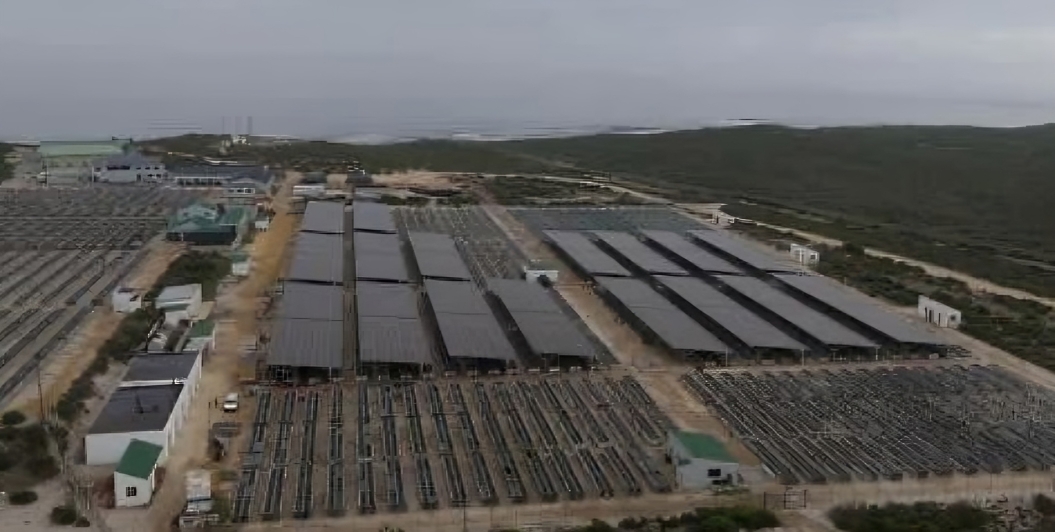SPS has officially commissioned a R135 million solar energy project at the AQuinON Abalone Farm in South Africa, marking a significant step forward in the farm’s sustainability efforts. This new solar initiative is expected to substantially reduce the farm’s reliance on grid electricity and lower its carbon footprint.
The project involves the installation of a state-of-the-art solar photovoltaic (PV) system designed to meet the majority of the farm’s energy needs. The new solar infrastructure will generate clean, renewable energy to power operations at the abalone farm, which is known for its environmentally responsible aquaculture practices.
“This project represents a major milestone for AQuinON as we continue to enhance our sustainability and operational efficiency,” said an SPS spokesperson. “By harnessing solar power, we are not only reducing our energy costs but also contributing to a more sustainable future.”
The solar farm, which features high-efficiency PV panels and advanced energy storage systems, will provide approximately 40% of the farm’s total energy requirements. The remaining energy needs will still be met through the national grid, but the shift towards solar power is expected to significantly decrease the farm’s energy expenses and reliance on non-renewable sources.
AQuinON Abalone Farm, a leader in the abalone aquaculture industry, has long been committed to reducing its environmental impact. The solar project aligns with its broader sustainability goals, which include minimizing greenhouse gas emissions and implementing resource-efficient practices. The farm’s dedication to environmental stewardship has been a key factor in its success and reputation in the industry.
The solar project also highlights a growing trend among South African businesses to invest in renewable energy solutions. As the country faces increasing energy demands and challenges related to power supply, many companies are turning to solar power as a viable and cost-effective alternative. This shift is part of a broader movement towards cleaner energy and greater sustainability in various sectors.
In addition to the environmental benefits, the solar installation is expected to create job opportunities and stimulate economic activity in the region. The project has involved local contractors and suppliers, contributing to the local economy and supporting community development.
“Investing in renewable energy is not just about reducing costs; it’s also about making a positive impact on our community and environment,” said the SPS representative. “We are proud to be part of this important initiative and look forward to seeing the benefits it will bring to AQuinON and the surrounding area.”
The commissioning of the solar project is a significant achievement for both SPS and AQuinON, reflecting a commitment to sustainable development and innovative energy solutions. As the world continues to grapple with climate change and environmental challenges, projects like this are crucial in driving progress towards a more sustainable future.
With the new solar infrastructure in place, AQuinON Abalone Farm is poised to lead by example in the aquaculture industry, demonstrating how businesses can integrate renewable energy and environmental responsibility into their operations. The success of this project could serve as a model for other companies looking to enhance their sustainability practices and contribute to a cleaner, greener future.
Source: Engineering News



